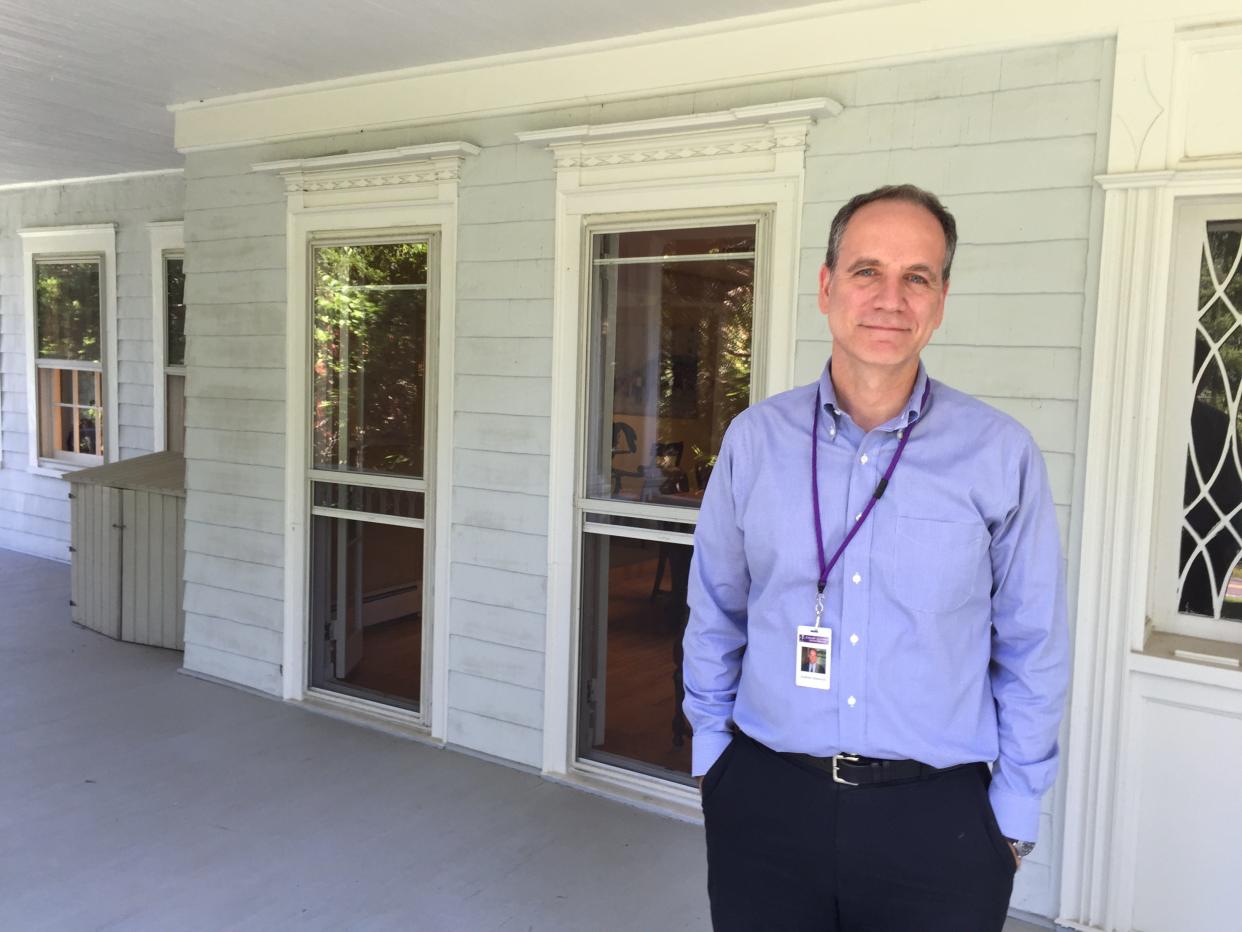Katonah-Lewisboro schools sue state over extension of special education eligibility age
After state officials told the Katonah-Lewisboro school district it had to continue educating a 21-year-old student with autism for an additional year, the school district sued the state to overturn that ruling.
Earlier this month, a judge in Kingston sided with Katonah-Lewisboro, finding that it had no obligation to extend the student's education until his 22nd birthday, repudiating the New York State Education Department's decision.
The Education Department had told the district in August 2023 that it had to provide educational services to the student, identified in court papers as H.P., for an additional year due to requirements outlined in the federal Individuals with Disabilities Education Act. The law requires that students with disabilities receive a "free appropriate public education."

With support from Katonah-Lewisboro, H.P. had been attending the Anderson Center for Autism in Staatsburg, Dutchess County.
It is common for students with disabilities to be educated out of district, in a private school or different public school district, if their home school district is not able to provide appropriate services. Such placements are often costly for the home school district.
Federal law puts the onus on states to provide a free education to students with disabilities that is on par with how they treat other students. In its 2023 decision, the state Education Department pointed Katonah-Lewisboro to a legal opinion it had issued the month prior, where it held that students with disabilities are entitled to a free and appropriate education until their 22nd birthday.
State points to federal court ruling
The Education Department's legal opinion was based on a new, federal appeals court ruling on Connecticut's educational statutes. It found that Connecticut schools must provide education and services to students with disabilities, who have not yet received a high school diploma, until age 22.
In New York, school districts have long been required to provide education and services to students with disabilities until they receive a diploma or the end of the school year during which they turn 21, whichever comes first.
The Education Department, in its opinion, determined that school districts would have to comply with the federal appeals court's order, saying New York law on the subject is "materially indistinguishable from the Connecticut law."
But Katonah-Lewisboro took the major step of suing the state Education Department to nullify this opinion, getting it off the hook from educating H.P. for another year.
Justice David Gandin, the state Supreme Court judge based in Kingston, agreed with the district. Gandin determined that New York law was not similar to Connecticut law in that it only required the provision of education until a student's twenty-first birthday. Because of this discrepancy, an additional year was not required, he wrote.
Education Department to appeal
In a statement, JP O'Hare, a spokesperson for the state Education Department, blasted Gandin's decision, calling it "factually erroneous."
O'Hare noted that Gandin "did not engage with the federal authority analyzed" in the department's legal opinion and that he did not take into account "publicly funded adult education programs that are provided to non-disabled students through a student’s 22nd birthday," which would have changed the calculus on H.P.'s eligibility.
The Education Department will appeal Gandin's decision and said it expects "a more fulsome analysis" from the Appellate Division.
Asked about the decision to sue the state over its ruling, Andrew Selesnick, the Katonah-Lewisboro superintendent, said that the district "followed and continues to follow, to the letter, both New York State and federal law regarding the age eligibility criteria for students."
"Please be assured that our district takes seriously its obligation and commitment to educate every student," Selesnick said. "Should the law ever change such that New York State raises the age of eligibility, I have no doubt that the district will abide by any such changes."
Selesnick, who has been the district's superintendent since 2015, is set to retire in July. Before serving as superintendent, he worked in the Chappaqua school district for 23 years.
Asher Stockler is a reporter for The Journal News and the USA Today Network New York. You can send him an email at astockler@lohud.com. Reach him securely: asher.stockler@protonmail.com.
This article originally appeared on Rockland/Westchester Journal News: Katonah-Lewisboro NY schools sue over special education push to age 22
